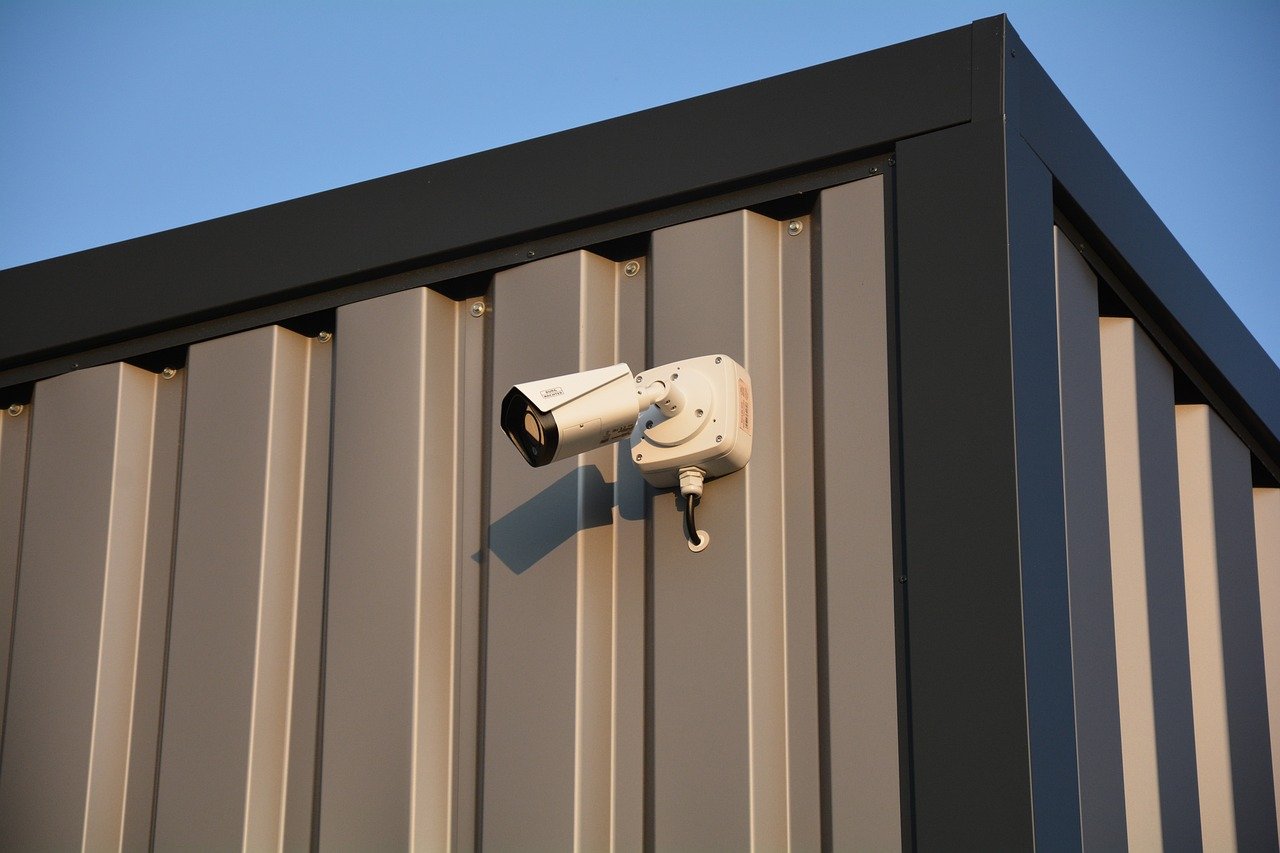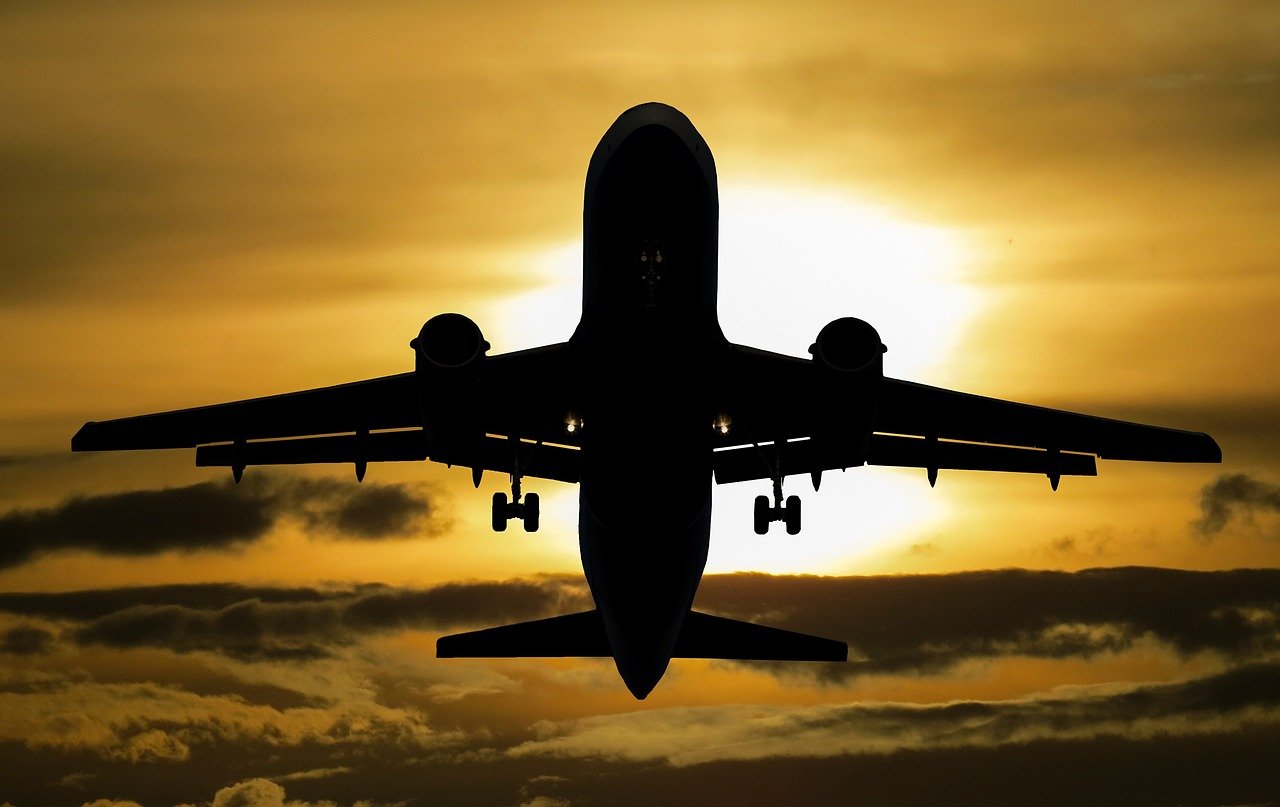Turkish authorities have restricted access to social media platforms, including Instagram, Facebook, Twitter, YouTube and Telegram, following a national broadcast ban going into effect after the Istiklal Avenue bombing in Istanbul on November 13.
The ban was first implemented by the country’s leading telecom provider Turk Telekom from where it spread out to other ISPs in the country. Outside of the aforementioned platforms, no other platforms were reportedly affected, with WhatsApp also avoiding any usage restrictions. The class of disruption can be avoided by using a VPN.
Internet watchdog NetBlocks confirmed the shutdown stating that live network data indicated that social media platforms had been restricted in the country. Following NetBlocks’ report, Turkey’s Information and Communication Technologies Authority (BTK) confirmed that restrictions were put into place to prevent misinformation spread about the incident.

As per a follow-up report from Netblocks, access was being restored on the morning of November 14. The services were impacted for nearly 10 hours.
The blast, which was claimed to be a terrorist attack, reportedly happened at 4:20 PM Turkish time and has caused at least eight casualties with another 81 people injured. Following the blast, The Turkish Radio and Television Supreme Council (RTUK) issued a broadcast ban preventing any information related to the attack from being spread effectively.
This isn’t the first time the country has used a social media ban in the event of an attack or political incident. Turkey has had a longstanding policy of restricting access to social media platforms, and with the disinformation law proposed by President Erdoğan’s ruling AK Party going into effect last month, criticism for the policy has only increased.
In the News: DeviantArt announces AI-based text-to-image generator; Upsets artists






